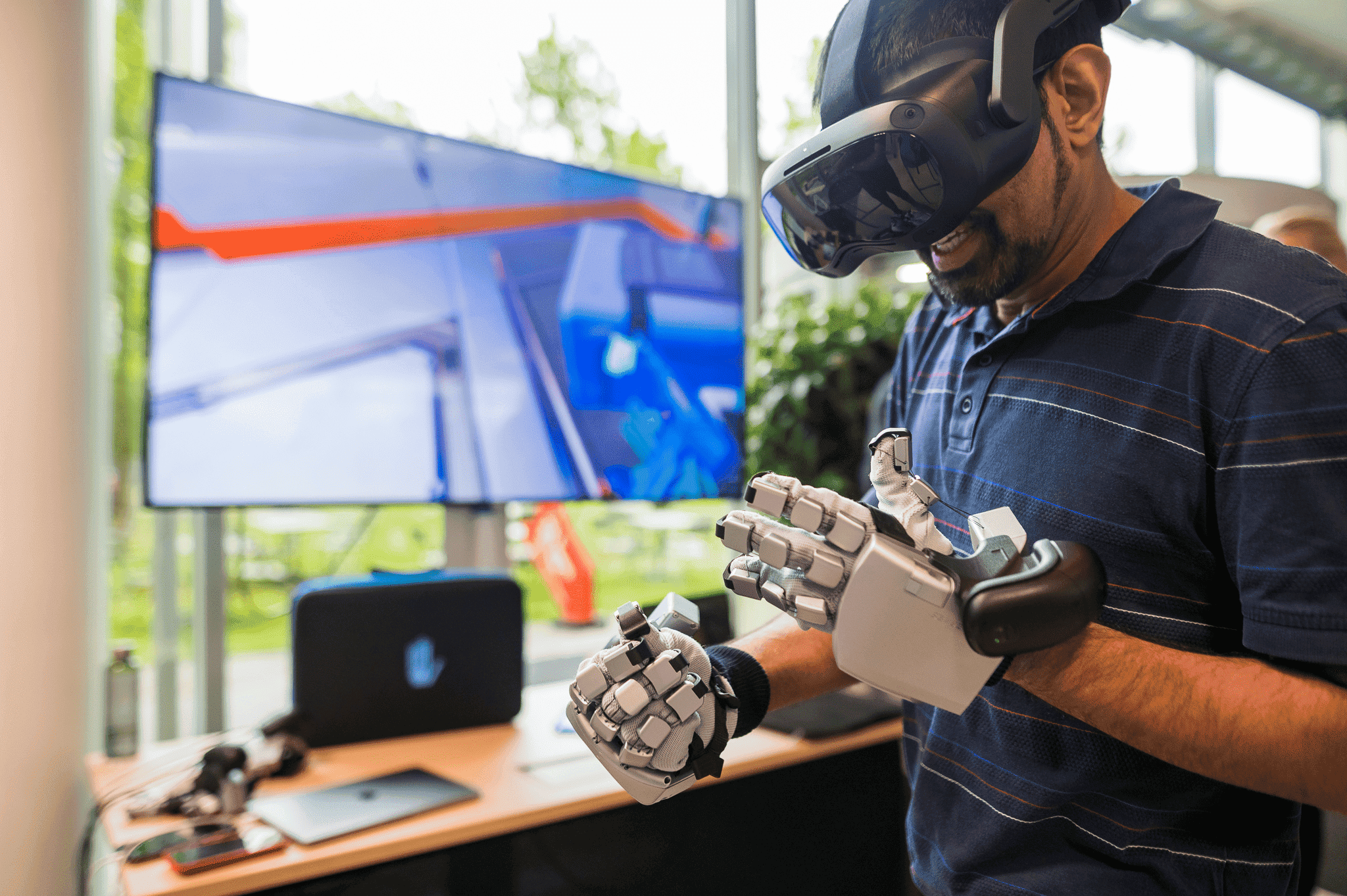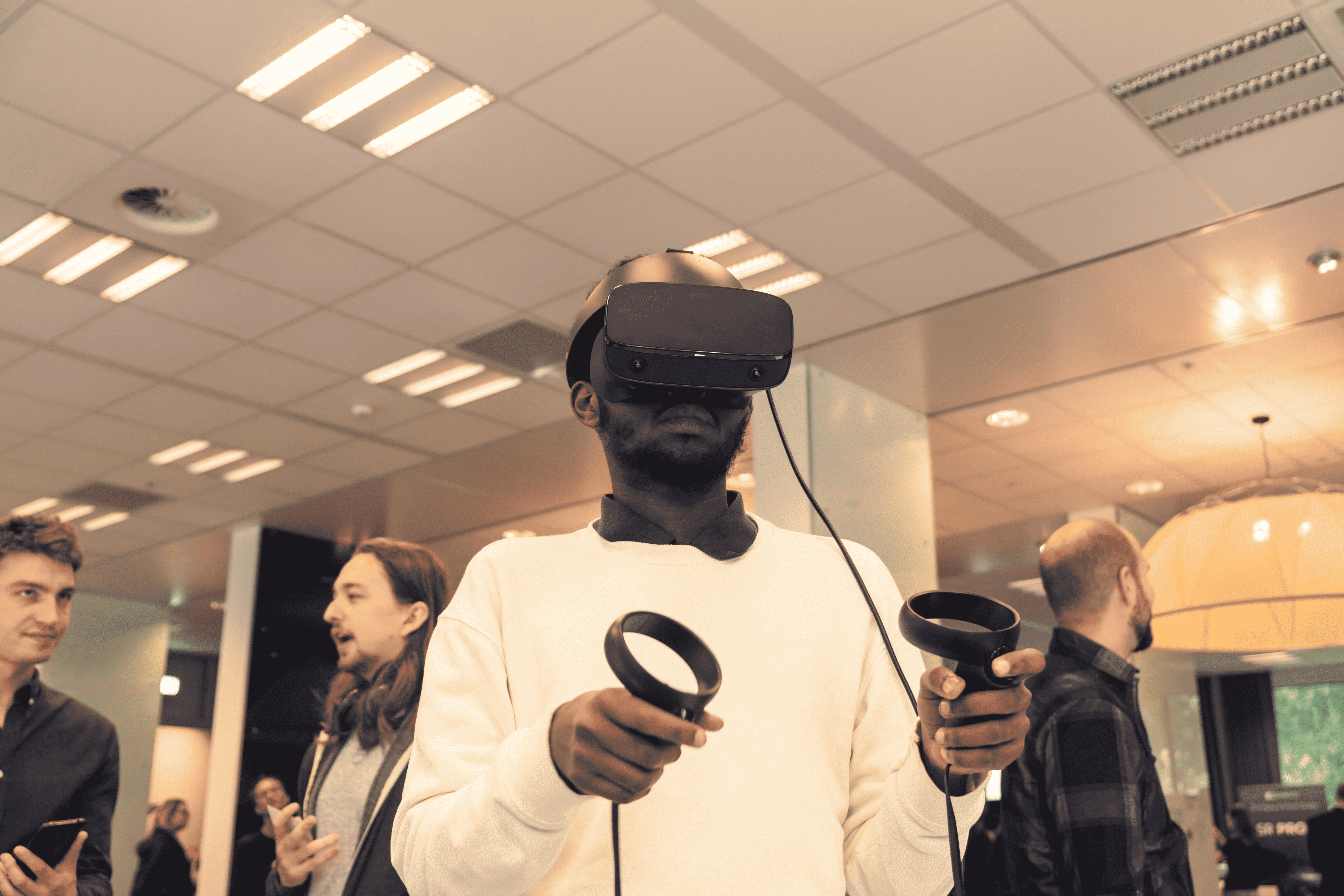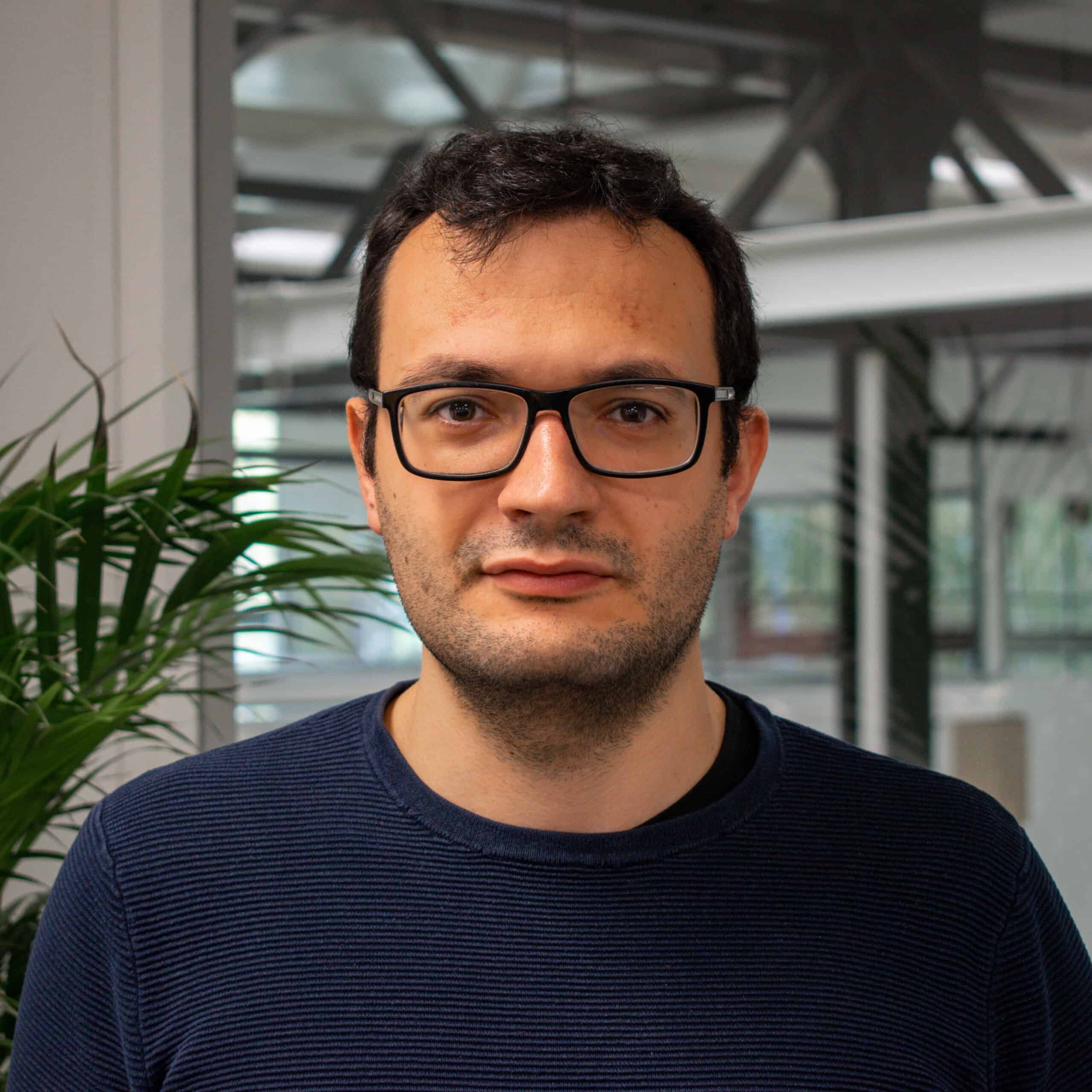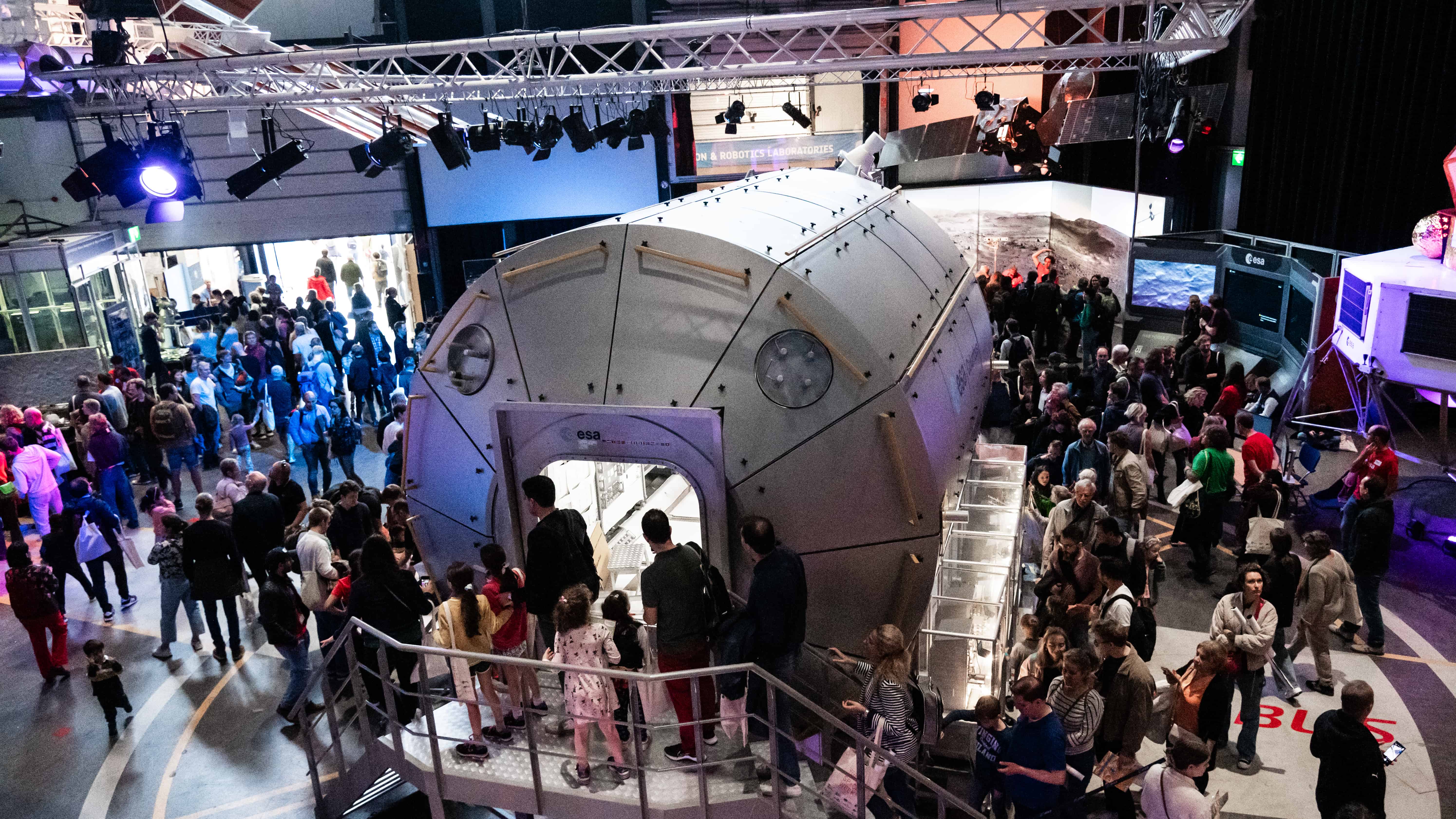
If you ask Patrick Willer and Aragorn Meulendijks, we are about to witness the disruption AI and metaverse will bring into our lives. The duo spoke during Tomorrow’s Tech Today (TTT), an event organized at the High Tech Campus Eindhoven’s (HTCE) conference center by 3EALITY and Techonomy.
3EALITY is the soon-to-be-open HTCE hub for spatial computing and immersive technology, while Techonomy is a digital marketing agency. The event aimed to showcase the possibilities offered by AI and metaverse tech today and imagine what tomorrow could look like. In fact, AI and immersive technologies will intertwine themselves, resulting in a new way of living.
TTT’s focal point was indeed the interactive session delivered by tech keynote speakers Willer and Meulendijks. Willer is a former principal solution engineer at Salesforce and a tech speaker. Meulendijks defines himself as a futurist, and he’s known as Mr. Metaverse. Their presentation delved into the most recent developments in the domain. The duo took the audience on a journey through technology, with plenty of examples of achievements that came to be in the past few years, preparatory for what’s to come soon. Here are four takeaways from the session.
Why this is important
Since the launch of the Apple Vision Pro, more of us have become aware of the possibilities offered by immersive tech, as the lines between the physical and digital worlds blur. Meanwhile, AI development keeps going. How are these two technologies going to impact our lives?
1. The wave is just setting
The speakers kickstarted the session by looking back at the timeline of human history, tracing the evolution of technological development over the millennia. Clearly, their logbook had many of the most significant milestones noted in the past centuries. “In the last 250 years, we had the Enlightenment and the Industrial Revolution, which originated 99,99 percent of the technology we have today. That’s the effect of exponential growth,” said Meulendijks.
Such growth is just at the very beginning, as their timeline shows a steep rise. The impact of AI and immersive tech are yet to fully manifest themselves. “It’s very likely that in the next four years, we will see more technological advancement than we have seen in the entire twentieth century,” stated Willer. In his vision, technological developments are paving the way for a disruption of life as we know it.

2. Smartphone or something more?
As the audience let the speakers’ statements sink in, the duo kept bringing up examples of exponential growth and how we settled within it as a society. Showing a picture full of devices considered cutting–edge in the 1980s—such as bulky radio cassette players, recorders, and cordless phones—Meulendijks noted how all of them are now embedded in our smartphones.
“Is it really a smartphone? The answer is no. Because that would imply we mainly make calls with it, but we don’t. The device we have in our pockets nowadays is more like a brain-computer interface. In fact, the only thing we are missing is to have it implanted in our body, and well, we are working on that,” said Meulendijks, hinting at the experiments being carried out by Neuralink.

3. AI to improve and ease communication
Another keynote passage focused on the possibilities that AI unlocks regarding communication. An example brought by Meulendijks refers to the study of a group of scientists using AI to speak to elephants in their own language. Progress is going on at that end, but there is a lot AI can do to ease human interaction.
The recently released Samsung Galaxy S24 comes with a lot of AI-powered functions. One of the most striking features is the real-time translation of phone calls. If, on the other end of the phone, there’s someone talking in Chinese, the phone recognizes the language and simultaneously translates words into your language.
4. AI and the metaverse will give us all superpowers
At the beginning of the session, Meulendijks asked the audience to close their eyes. Meanwhile, he made them wake up in a day in the future with a personalized AI that recaps sleeping stats and the day planning. Then, as the user wears the visor, the room starts coming to life. As more players leverage spatial web tech, the way we do things will shift. The experts also mentioned the examples of platforms like Roblox, where users create an avatar, exchange items, bond with other individuals— they live another life. And companies as Adidas are starting business with them.
In wrapping up the talk, Meulendijks gave his personal outlook on how the future will look like. “Artificial intelligence and the metaverse are going to be the same within just two decades. They will be everywhere, all the time, in everything. And I’m not the only one that believes this.”
“We believe that AI will be about individual empowerment and agency at a scale we’ve never seen before. And that will elevate humanity to a scale we’ve never seen before either. We’ll be able to do more, to create more, and to have more. And intelligence can be integrated everywhere, and we’ll all have superpowers on the planet,” Meulendijks wrapped up.

HTCE to embrace the metaverse
HTCE will thus soon have its own space for spatial computing and immersive technology. The 3EALITY hub, located at HTC37, will allow companies working in the domain to engage, create, and showcase their innovations. Recently, the campus announced Epic Games—developer of the famous videogame Fortnite—as the hub’s first partner.







